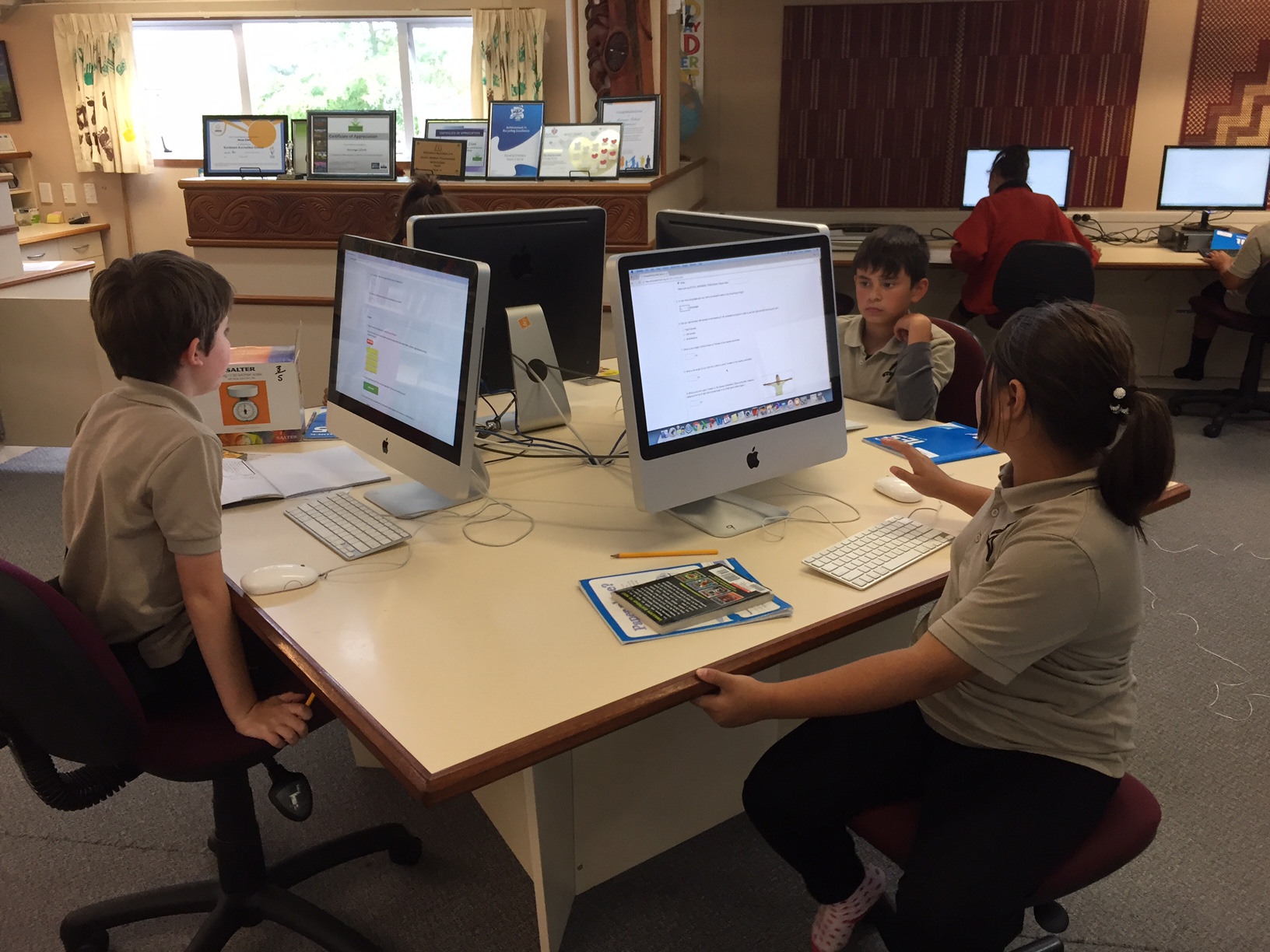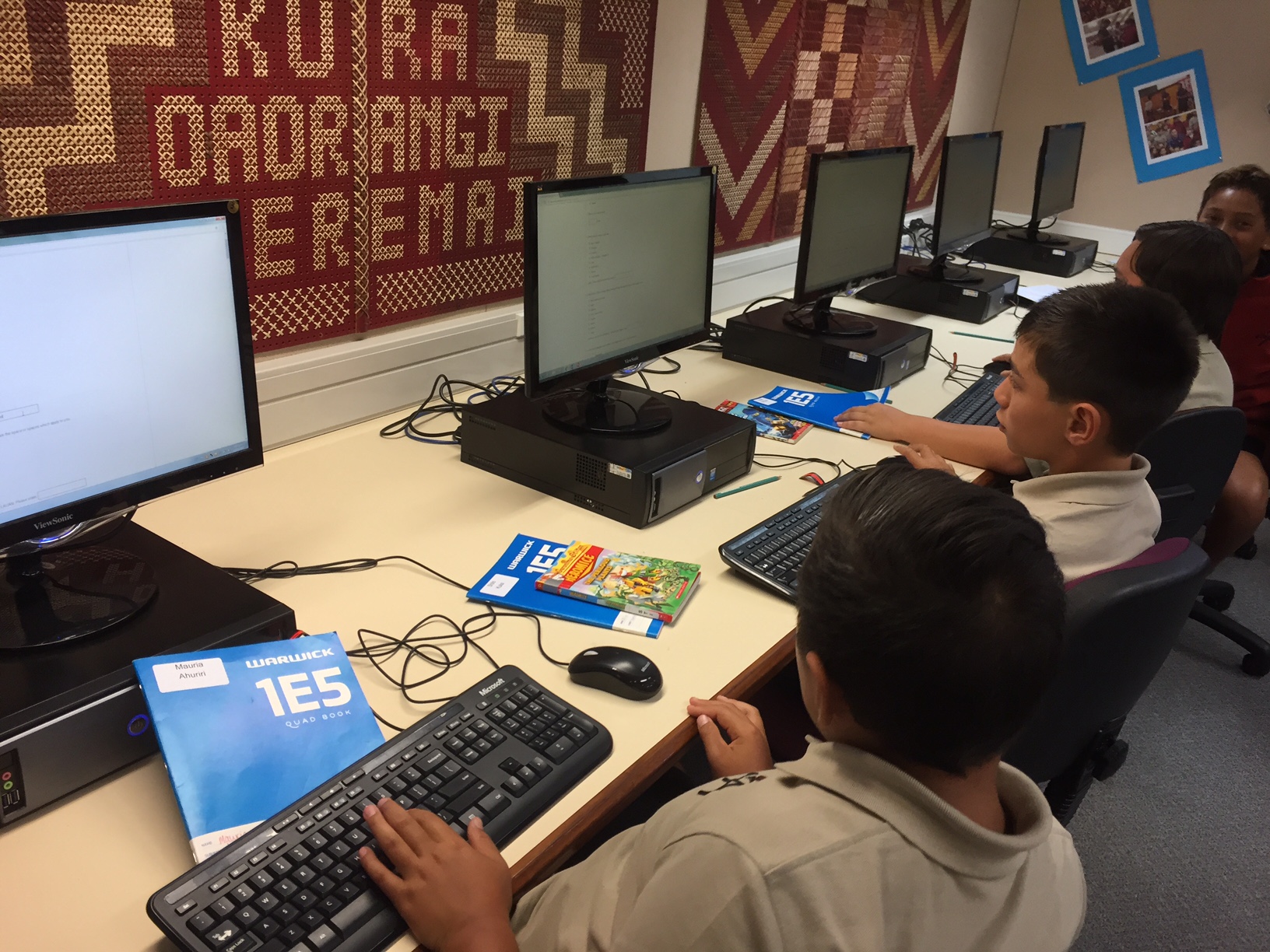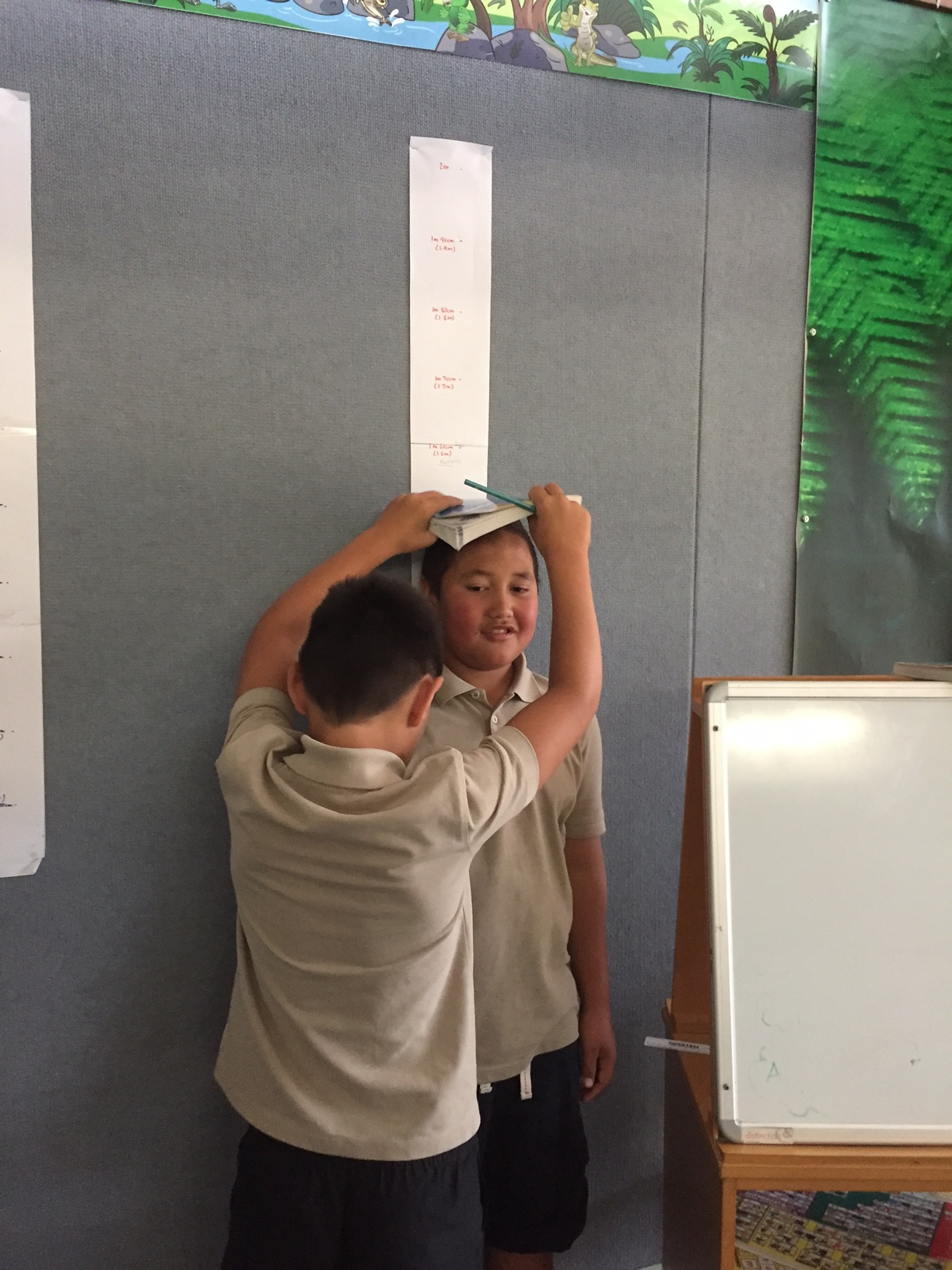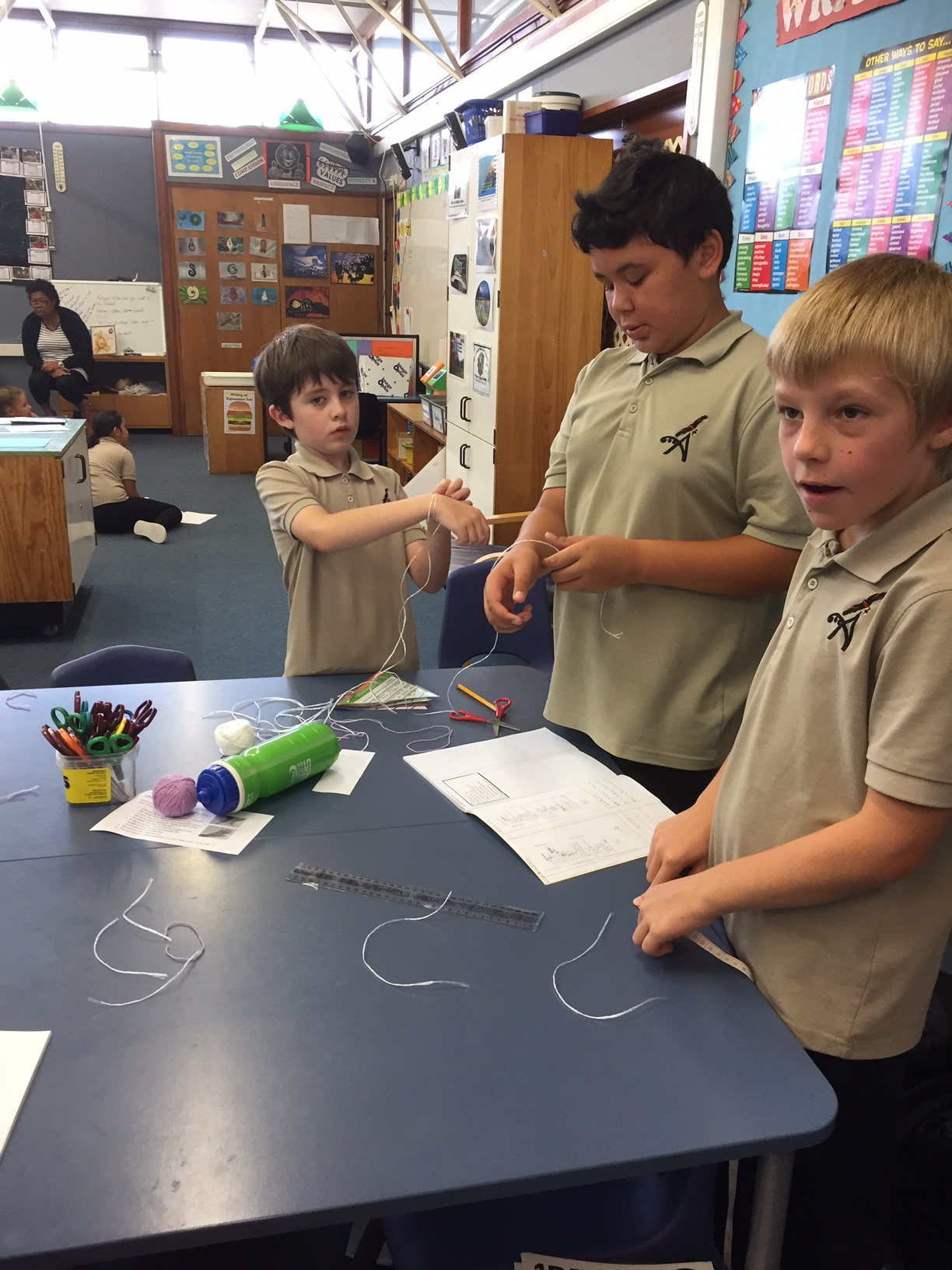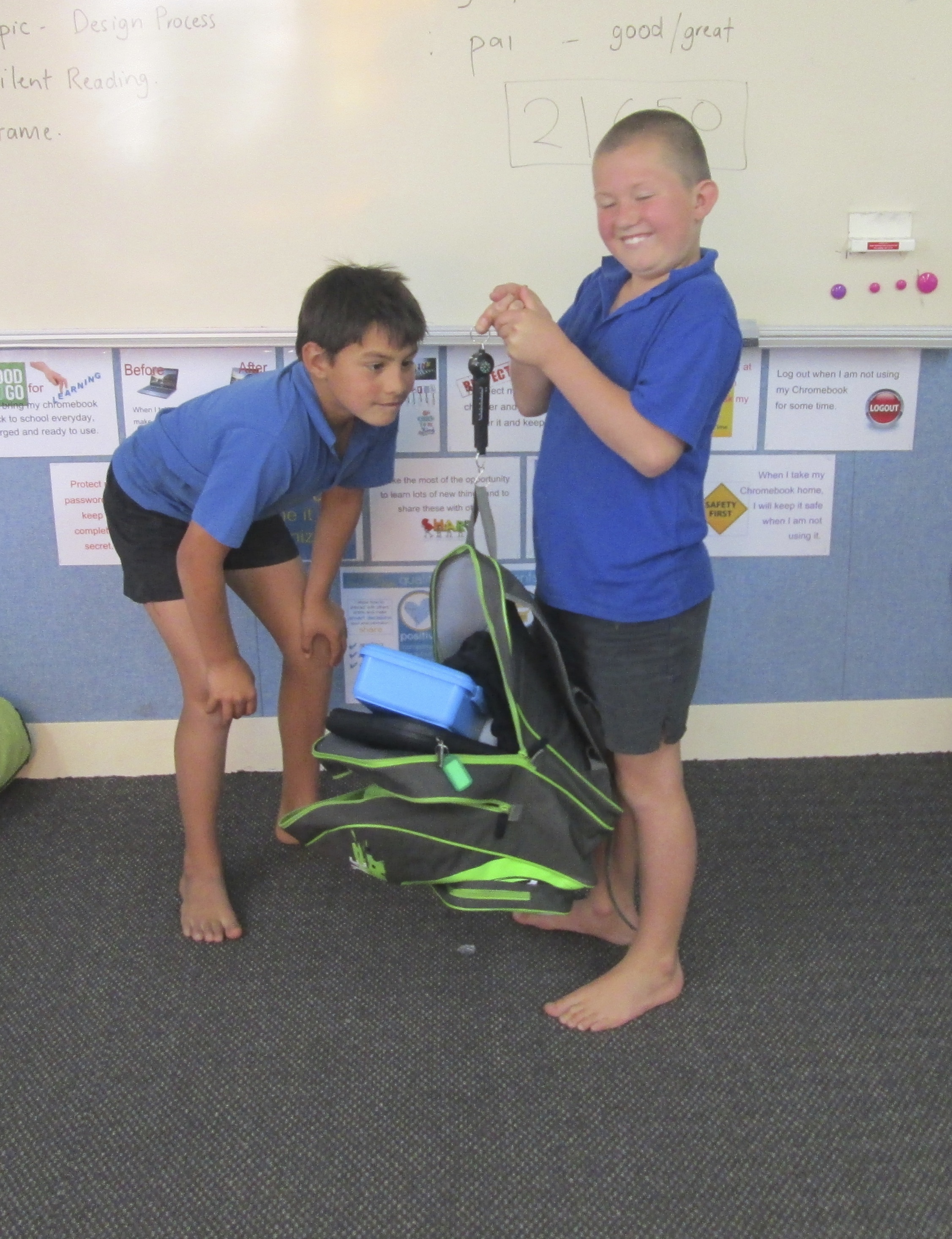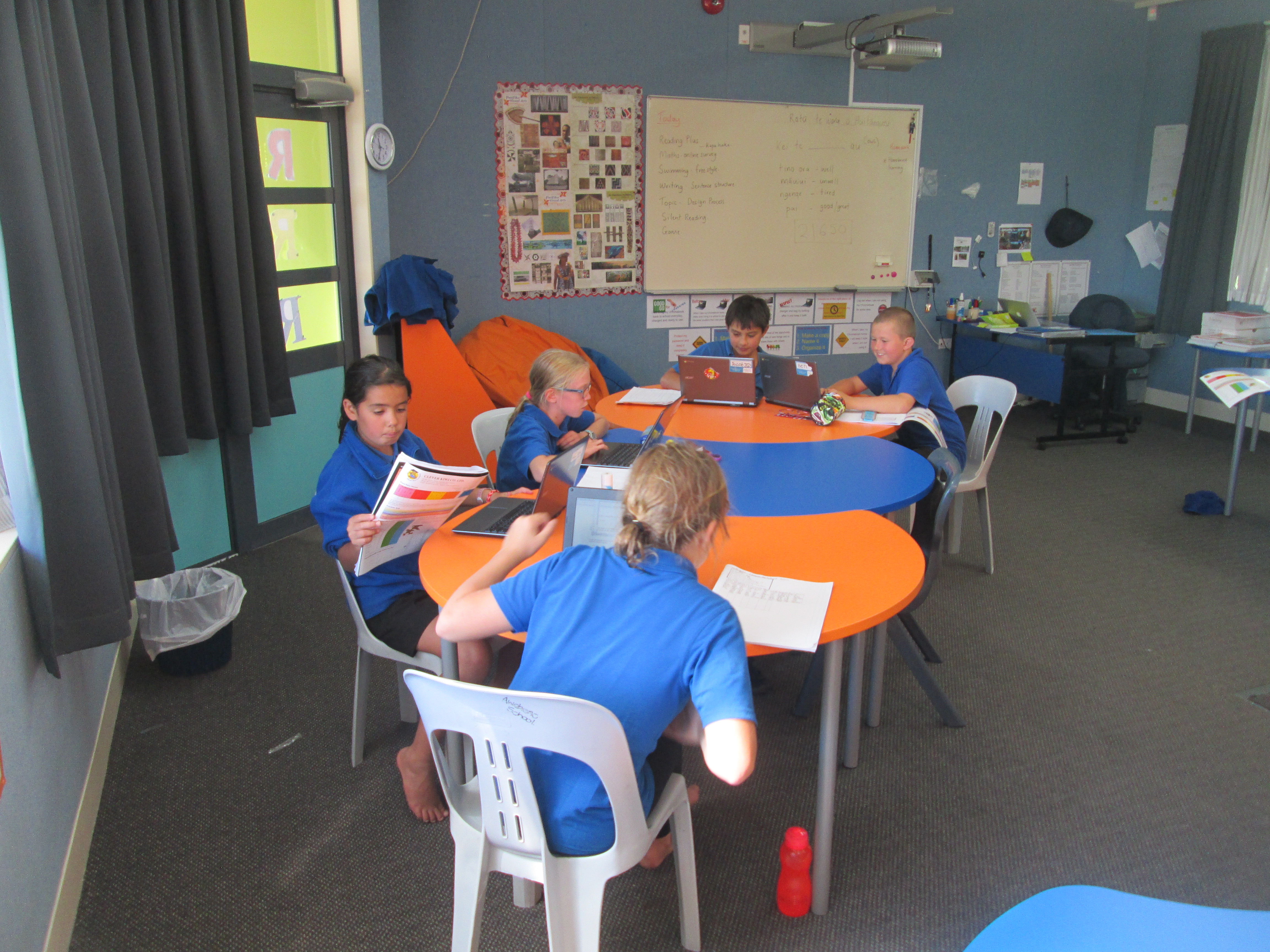Eight in 10 teens and six in 10 primary school children say there are no limits on their screen time out of school – whether that’s playing computer games, using their phones, or browsing the internet.
The insights have emerged from the second data release from CensusAtSchool TataurangaKiTeKura, a national, biennial project run by the University of Auckland’s Department of Statistics that shows children the relevance of statistics to everyday life. In class, Year 5 to Year 13 students (aged 9 to 18) use digital devices to answer 35 online questions in English or te reo Māori, providing a unique snapshot of Kiwi childhoods. So far, more than 5,700 students have taken part.
Students were asked if, on a school day, there was a limit on the amount of screen time they had at home. Just 16% of high-school students and 37% of primary school students reported a limit. For those with limits, primary schoolers were allowed a median of an hour (the median is the middle amount in the range reported) and secondary students two hours.
Students were asked how often their screen time was supervised – with supervised meaning a parent or caregiver was watching or was in the same room as the child. Four in 10 primary schoolers said “a little,” and two in 10 “usually.” More than half of high school students said they were never supervised, with a further three in 10 saying they were supervised “a little.”
CensusAtSchool co-director Rachel Cunliffe, a former statistics lecturer and mother of four children aged 2, 4, 6 and 8, says she is “really surprised” at the results. “I imagined that in this completely wired world, the majority of kids would have limits – parents often discuss ways to find a balance between screen time and outdoor play time.”
Rachel Cunliffe points to Ministry of Health advice that outside of school, 5 to 18-year-olds spend less than two hours a day in front of the television, computers, and game consoles. She and her husband tried setting limits, but with four kids, that was hard to police. “Now, in our house, we have a list of morning, afternoon and evening jobs to be done on school days before the kids are allowed screen time, “ she says.
“By the time they’ve done everything expected of them, and their out-of-school school activities like swimming and karate, there’s not often long periods of time left for gaming. My eight-year-old has been pretty motivated to get through his jobs, and can get in an hour on the Playstation or tablet sometimes.”
So how are other school children using their screen time? Seven in 10 students said they spent time on their phone. Of that group, the most avid users were high school girls with 89% on their phones once school was out, and for a median of three hours – though a quarter spent 5 hours 30 minutes or more.
Four in ten students said they spent time gaming after school, with the keenest gamers high school boys. They spent a median of two hours in front of their Playstation, Xbox, Nintendo and the like – but a quarter spent four hours or more gaming.
CensusAtSchool also asked students what they did most often with their cellphones. Primary school boys reported playing games (27%) and primary school girls sending texts or instant messages (32%). At high school, it was all about social media for both girls (49%) and boys (31%).
This year’s edition of CensusAtSchool started on February 7. Teachers can register their classes and take part at any time before it finishes on July 7. CensusAtSchool is part of an international effort to boost statistical capability among young people, and is carried out in Australia, the United Kingdom, Canada, the United States, Japan and South Africa.
The countries share some questions so comparisons can be made.
In New Zealand, CensusAtSchool started 2003, and is run by the University of Auckland’s Department of Statistics with support from Statistics NZ and the Ministry of Education.

